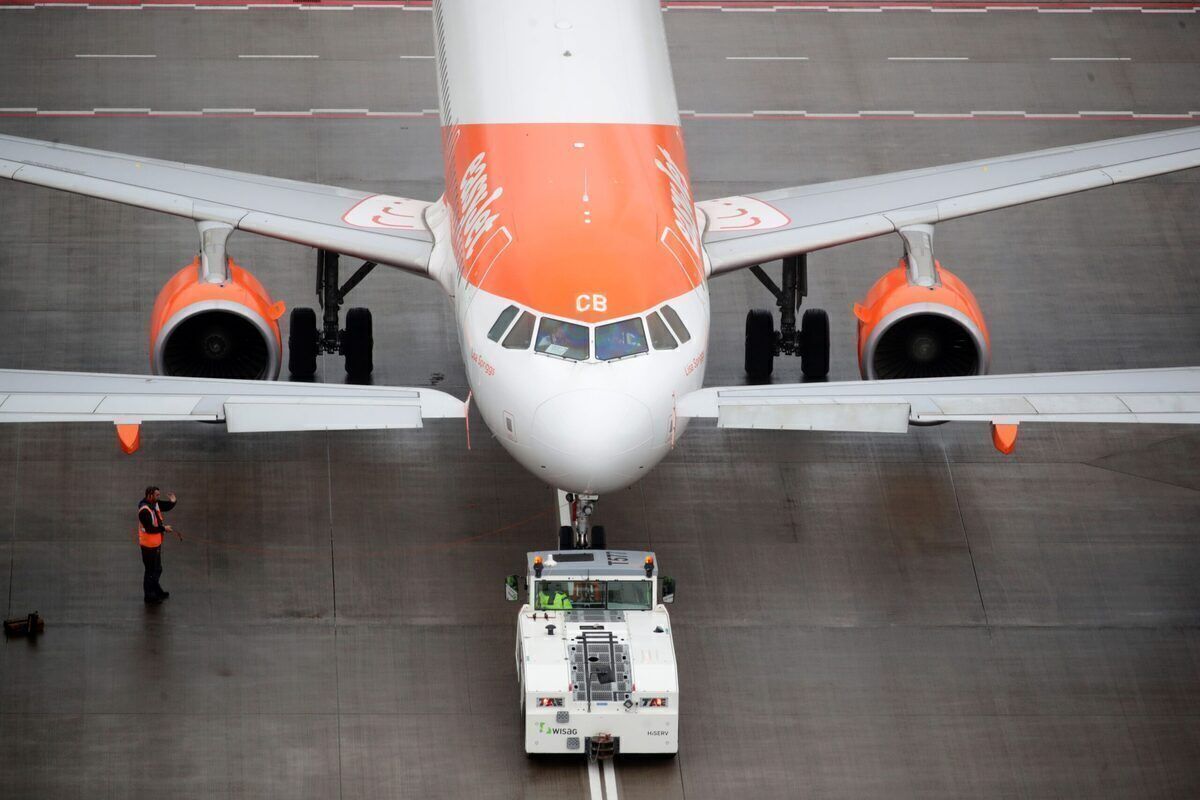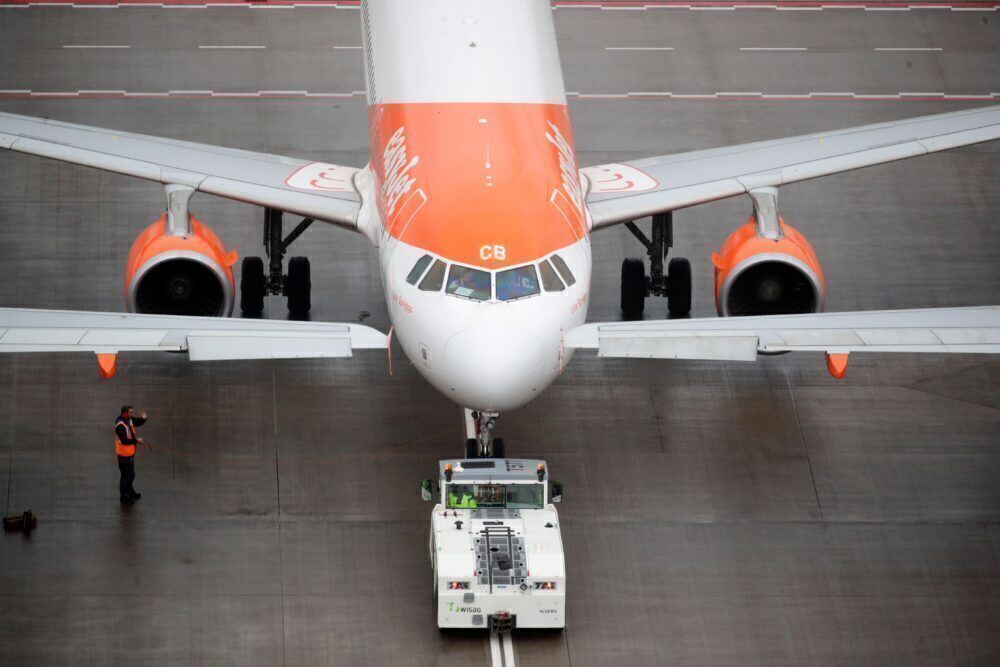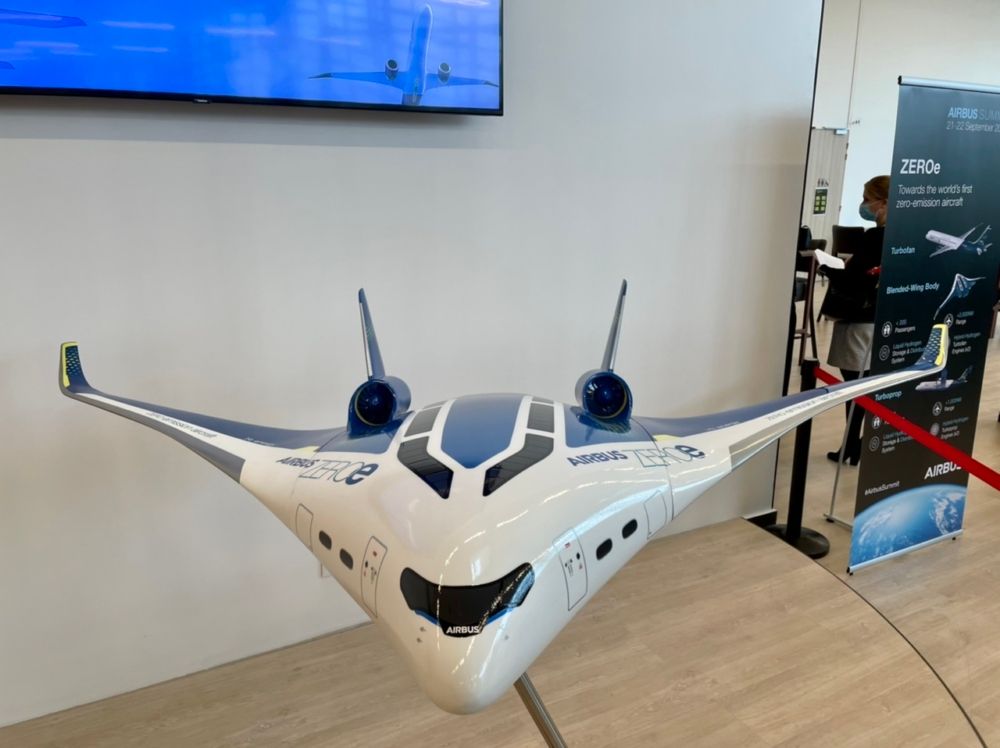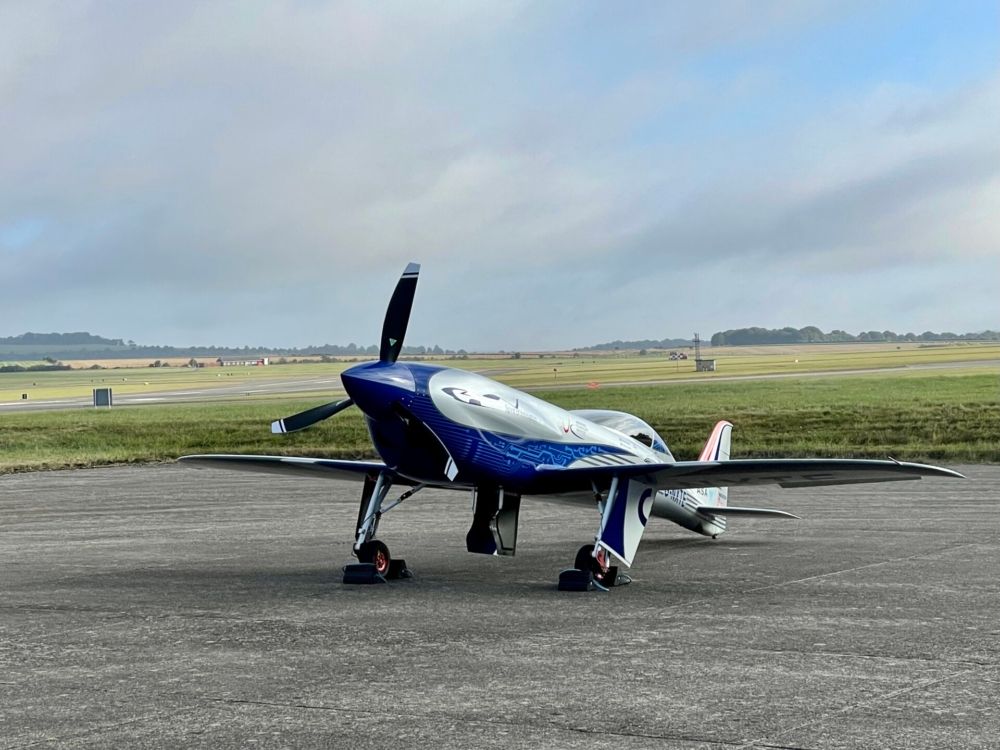Airbus has been focusing heavily on hydrogen solutions, looking to introduce the first zero-emission commercial plane by 2035 with his element. While easyJet is determined to work with the manufacturer in this area, the British airline feels that it is important to not choose a sole winner out of technological solutions, with other fields such as electric propulsion notable contenders.
New resources
The development of electric aircraft and the rise of sustainable aviation fuel (SAF) are also crucial in this next chapter. easyJet's leadership notes that SAF will be more of a long-term solution for long-haul flying rather than short-haul flying. However, there is still plenty of growth potential elsewhere, especially in electric aircraft.
easyJet chief executive Johan Lundgren highlights that when he met electric aircraft decision-makers in 2017, the knowledge about the technology was minimal compared to now. Therefore, it's essential to have a forum where factors can be debated and explored further. He adds that easyJet has been looking into electric planes for quite a long time. It is part of the firm's broader sustainability strategy.
This strategy is divided into three parts. The first is to make sure that the carrier can reduce the impact on the environment by conducting operational improvements. For instance, the easyJet reduced its carbon footprint per passenger-kilometer flown by over 30% since 2000, and the firm continues to evaluate how it can continue to cut down fuel burn.
Secondly, in 2019 easyJet became the first major airline in the world that decided to offset all the carbon emissions from the fuel that it is using. Lundgren emphasizes that not a single organization that targets to reach net-zero by 2050 doesn't have an offset mechanism.
More to be done
Yet, easyJet feels that offsetting should only be an interim solution. The long-term approach is to be more proactive from the get-go, which brings Lundgren to the third pillar of the strategy.
"The third part is, of course, the collaborations we have with Airbus, and with other partners like Wright Electric, which we started in 2015, who's been on to developing the electric propulsion solutions for large scale aircraft - over 100-seaters, which is also something that we've been working on. So, we are not exclusive in one type of technology. I think that is too early to call. And it's also quite reasonable to believe that we're going to find a solution that actually contains a hybrid of all these technologies," Lundgren told reporters at Gatwick Airport, ahead of the Airbus Summit last week.
"But it is so important, now, to make sure that we got everybody to work towards finding the ways on how these technologies can be, first, developed, and then also deployed. So, we are looking at governments for direct funding into projects that sits around hydrogen but also electric. We are also looking for governments to make sure that there are conditions for the supply of clean and renewable energy that can be used to produce hydrogen, most likely, green hydrogen. We also need to make sure that there are investments into airport structure, to make sure that airports are connected to hydrogen networks, to make sure you can get the supply of this in place."
Stay informed: Sign up for our daily and weekly aviation news digests.
Major breakthroughs
Altogether, there has been significant progress in the development of electric aircraft. Recent examples include the first flight of Rolls-Royce's electric aircraft, which has its sights to become the world's fastest electric plane in the next six weeks.
Moreover, the Federal Aviation Administration (FAA) has begun to recognize electric propulsion during certification. With airlines and authorities across the continents looking to introduce a more sustainable air transport sector, there will undoubtedly be further successes in this field before this decade is over.
What are your thoughts about easyJet's view on electric aircraft? What do you make of the developments in this scene? Let us know what you think in the comment section.




